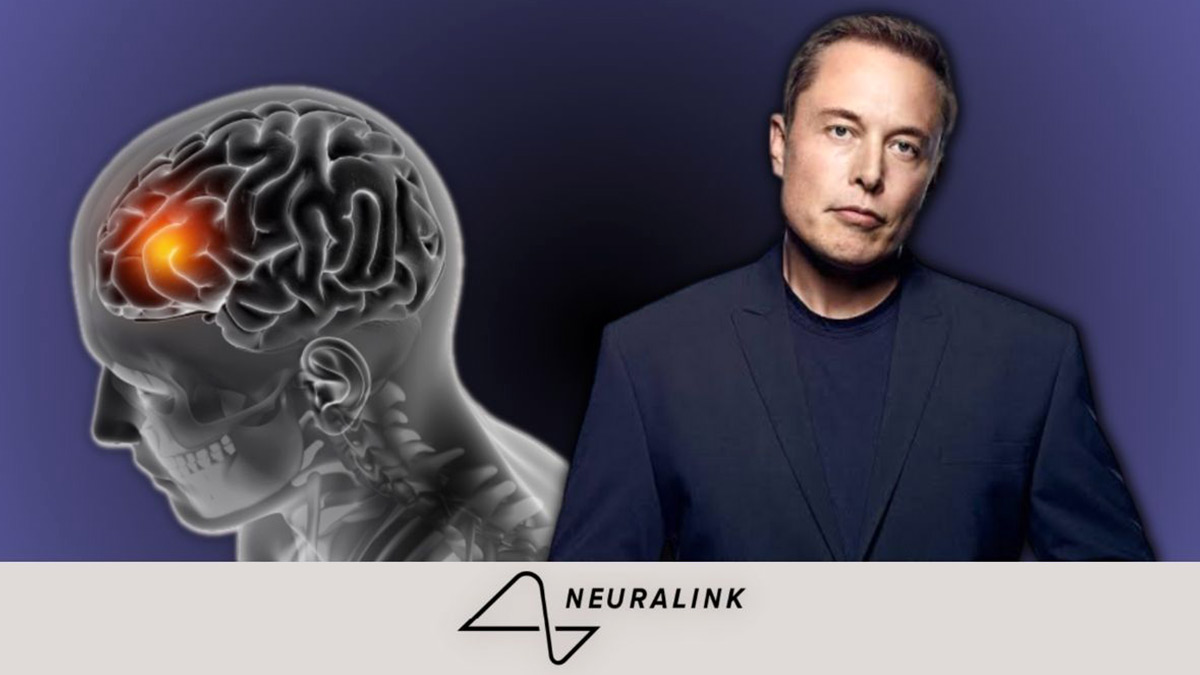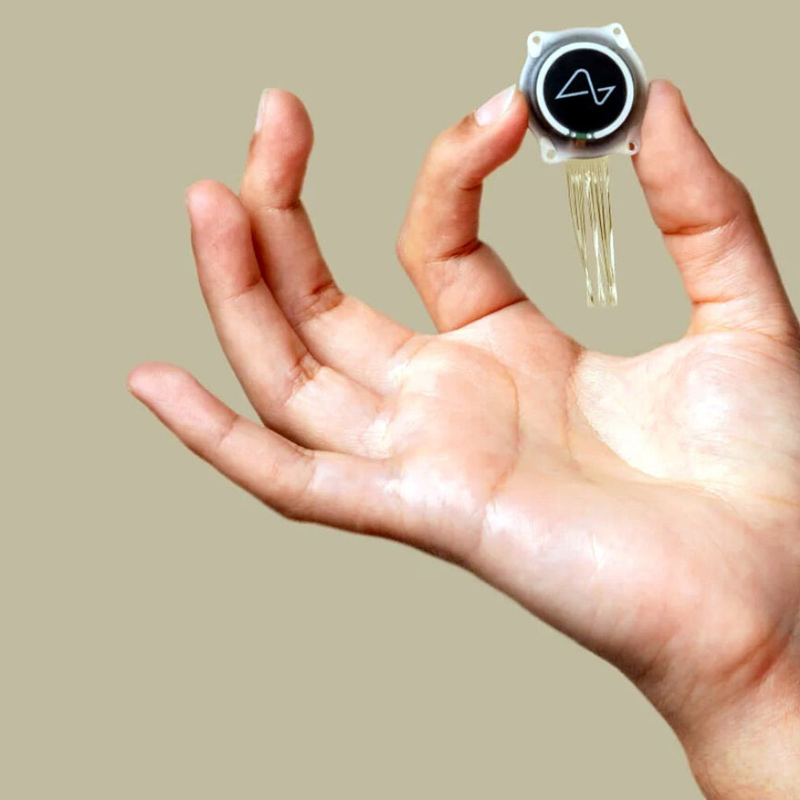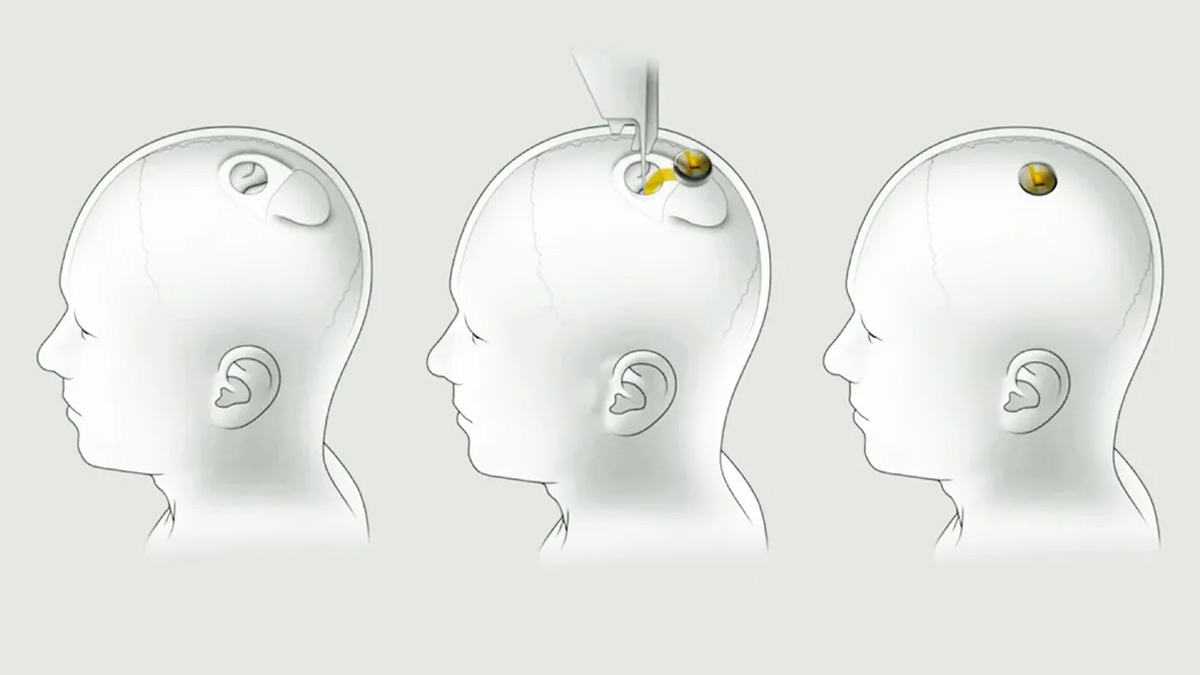
The use of Artificial Intelligence (AI) and Machine Learning (ML) is jumping leaps and bounds in solving incurable health problems, and providing unfathomable relief to patients who have lost hope. However, the use of AI often raises doubts, primarily because it is a new concept that is yet to be understood by our stubbornly traditional society, and more so because it is often run by controversial tech giants. One such device that is in hot waters right now, is Elon Musk’s brainchild Neuralink.
Table of Content:-
Neuralink is a brain implant that promises to revolutionise treatment for Parkinson's disease, epilepsy, spinal cord injuries, obesity, autism, depression, schizophrenia and tinnitus. As of September 19, 2023, Elon Musk posted a query looking for subjects willing to participate in clinical trials of Neuralink. This query comes in light of the Food and Drug Administration approving Elon Musk's Neuralink chips for human trials in May of 2023. However, the medical community is extremely divided over this approval, with some experts going as far as calling this move unethical and dangerous.
Benefits Promised By Neuralink

Currently, the clinical trials of Neuralink will work with completely paralytic patients, who have suffered from spinal cord injury or Amyotrophic Lateral Sclerosis (ALS). After implanting the brain chip, the study will assess whether the patients can control a computer cursor or keyboard using their thoughts alone.
Before we dive into the exact concerns raised by Neuralink, let's imagine a brighter future that this brain chip offers. As per the company’s claims, Neuralink could potentially revolutionise healthcare in the following ways:
- Neuralink can allow precise control of prosthetic limbs, and make them function as natural limbs, giving amputees natural motor skills.
- Neuralink could potentially cure Parkinson’s Disease, Alzheimer’s Disease, epilepsy and spinal cord injuries.
- This brain-chip interface (BCI) also has the potential to treat obesity, autism, depression, schizophrenia and tinnitus.
- Implanting Neuralink can also help the older generation train their motor and cognitive abilities to trump the ill effects of ageing.
- Musk’s BCI also has the potential to augment human intelligence and open a gateway to enhanced memory, improved learning, and impeccable problem-solving skills.
Ethical Concerns Raised By Neuralink

Debate around Neuralink has been rampant since Musk announced that he had started working on it back in 2016. A combined lack of confidence in Musk and AI in general, can be seen as one of the root causes why the medical community is not only sceptical but has been vehemently opposing Neuralink. However, beyond these biases, there have been genuine ethical lapses that have been reported by Neuralink’s own employees, who relayed that in order to fast-track FDA approval, Neuralink testing has brutalised many of its animal subjects.
Also Read: How Physiotherapy Helps Manage Parkinson's Disease, Expert Answers
After such reports surfaced, the US Office of the Inspector General launched an investigation into Neuralink over potential animal welfare violations. Even the US Securities and Exchange Commission (SEC) was informed about such unethical misdemeanours on Musk’s behalf, as he pressured staff resulting in botched surgeries on monkeys, pigs, and sheep, causing unnecessary and inhumane deaths, which could have been avoided had Musk exercised some patience. One harrowing account is of 2021 when the company implanted 25 out of 60 pigs with wrong-sized chips. Ultimately, all these pigs had to be euthanised, which the employees reported as utterly avoidable and negligent
Neuralink implant has also raised health concerns, due to which its human trials seem less than acceptable:
- Experts worry that Neuralink could influence other brain functions, and cause seizures, headaches, mood changes, or cognitive impairment.
- Neuralink contains lithium-ion batteries which are famous for overheating and exploding if defective.
- Another doubt left unanswered by Musk is how will these implants be removed in case of malfunction since they require a precise placement with wires connecting to the neurons in the brain.
- Concerns were also raised about whether this BCI could move around in the brain due to the natural movement of brain tissues, inflammation, or scar tissue formation.
- Lastly, netizens wondered about the safety of the data that Neuralink will collect once it is implanted in a person’s brain.
The debate weighing the pros and cons of Neuralink is red hot, with credible expertise on both ends of the spectrum. Although the FDA approval for human trials does point towards the efficacy of Neuralink, the trials will be ongoing for another six years. So, Musk’s brain implant is still far from being sold at your nearest Croma. However, if Musk is able to fulfil the promises he is making with Neuralink, it could turn the medical industry upside down, and catapult healthcare by decades for those who are severely debilitated by incurable diseases, and irreversible accidents.
Also watch this video
How we keep this article up to date:
We work with experts and keep a close eye on the latest in health and wellness. Whenever there is a new research or helpful information, we update our articles with accurate and useful advice.
Current Version